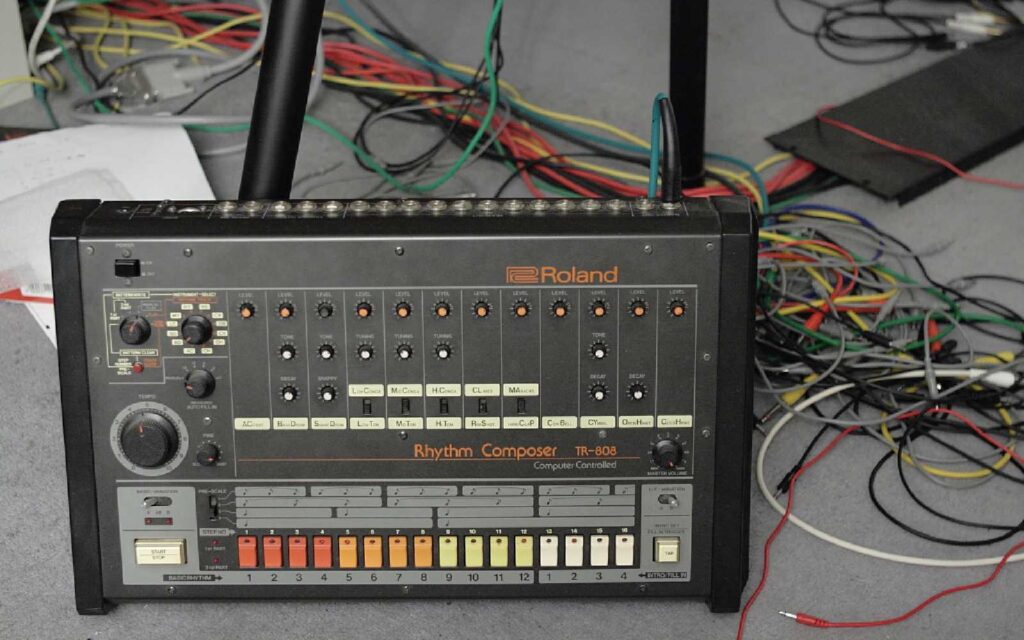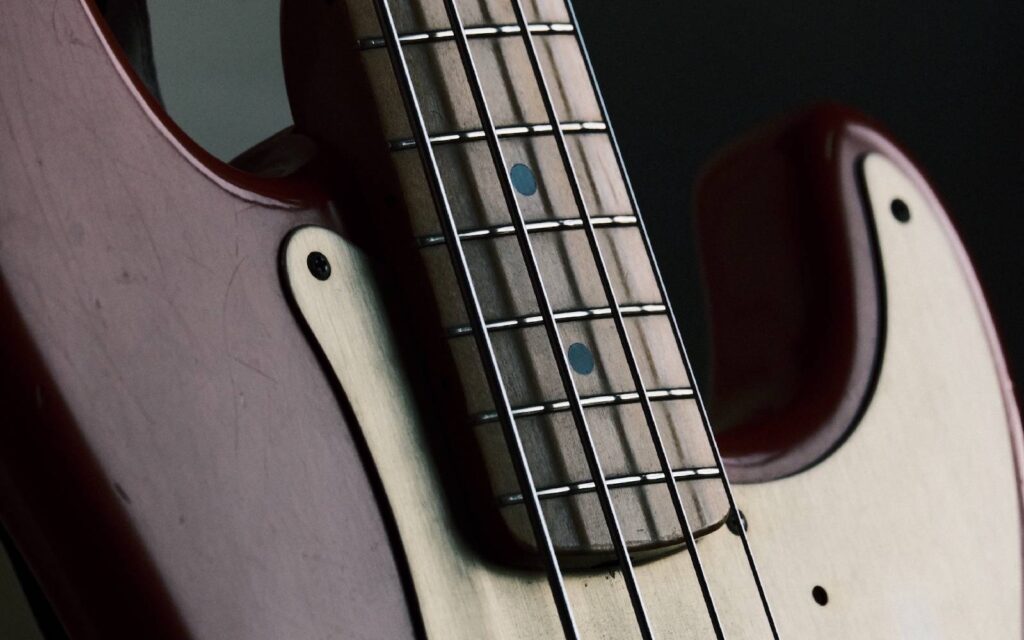Vale Jeff Beck
Jeff Beck had the most rare of gifts as a musician: he never played the same thing twice, and yet no matter what he played, he did it with a mastery and intention that made it sound like he’d done it that way all his life.
For a perfect example, just look to two albums he released within a year of each other in the early ’90s: The 1992 soundtrack to the Australian TV mini-series Frankie’s House is woven together by Beck’s emotive melodies and high-tech whammy-bar tricks, like the sombre melodies of the track ‘Vinh’s Funeral’. The music frequently verges on the avant garde, a million miles removed from the rock ‘n’ roll spirit of 1993’s Crazy Legs, an album of Gene Vincent & His Blue Caps covers which finds Beck performing note-perfect renditions of classics like ‘Race With The Devil’ in tribute to his number one guitar hero, Cliff Gallup.
Those are only two of the Jeff Becks who left us on January 10. There was also the jazz fusion Jeff Beck heard on Blow By Blow. The blues-rock power-trio Jeff Beck of The Jeff Beck Group and Beck Bogert & Appice. The electronica experimentalist Jeff Beck heard on the 1999’s Who Else? Remember that killer guitar solo that lifted Jon Bon Jovi’s ‘Blaze Of Glory’ up so high? That was Beck. As a guest musician you can hear him on tracks from artists including Donovan (Beck is unmistakable on ‘Barabajagal’), Stanley Clarke, Rod Stewart, Tina Turner, Kate Bush, Malcolm McLaren, Seal, ZZ Top, Brian May, The Pretenders, Vanilla Fudge, Duff Mckagan, Morrissey, Paul Rodgers… he’s even on Ozzy Osbourne’s 2022 album Patient Number 9, and wrapped up his recording career with a collaboration with Johnny Depp.
And yet none of these gives the full picture of what Jeff Beck contributed to guitar. He first surfaced in the early ’60s from the same scene as Eric Clapton and Jimmy Page, and was recruited by The Yardbirds to succeed the former, before being joined by the latter for one of the most explosive guitar duos in rock history. You can see this rarely-captured dual lead guitar lineup performing ‘Stroll On’ in the 1966 film Blow Up, in a scene which famously climaxes with Beck destroying the ever-loving f**k out of his guitar, smashing it against his amp and stomping it to bits. That’s right, he was even a pioneer in sending guitars directly to hell. In the following years his name was bandied about to replace both Syd Barrett in Pink Floyd and Brian Jones in The Rolling Stones.
And still, none of this even touches the creative friendship between Beck and Stevie Wonder, most famously via the creation of the classic ‘Superstition,’ which was born out of an agreement for Beck to perform on the Talking Book album in return for Stevie writing him a song. Due to record-industry shenanigans, Stevie’s version of the track was released first – Becks’ surfaced a few months later on the Beck, Bogert & Appice album – and Stevie tried to make things right by playing on Beck’s Blow By Blow, which featured a soon-to-be Beck classic, ‘Cause We’ve Ended as Lovers.’
Beck also had an influence on the gear we use. He was an early adopter of the fuzz box. Seymour Duncan developed the JB and Jazz pickup set for Jeff, and you can hear them in a ‘Tele-Gib’ modified by Seymour on ‘Cause We’ve Ended As Lovers’. This was a time when Fenders sounded like Fenders and Gibsons sounded like Gibsons, complete with the playability quirks and stylistic directions each guitar pointed one towards. Blow By Blow found Beck getting humbucker tones out of a hacked up Fender long before Eddie Van Halen accomplished something similar.
We can also look to the Fender Jeff Beck Stratocaster as a precursor to a current trend in electric guitar design. At a time when guitarists were using Floyd Rose tremolos for their whammy workouts, Beck and Fender zeroed in on a non-locking alternative setup combining a floating two-point fulcrum bridge with a roller nut, enabling Beck to execute his perfectly-pitched harmonic melody work. Today, changes in materials and production tolerances mean guitar companies can offer instruments with non-locking tremolo systems that keep up with the benefits of a Floyd Rose without the complexities, but Beck and Fender did it decades ago.
And it’s a testament to Beck’s genius that one can get this far into an article about his greatness without even getting to Wired or Jeff Beck’s Guitar Shop yet.
All of this is to say, Jeff Beck left the world a better-sounding place than he found it, and his contributions to the vocabulary of guitar will never be forgotten.







